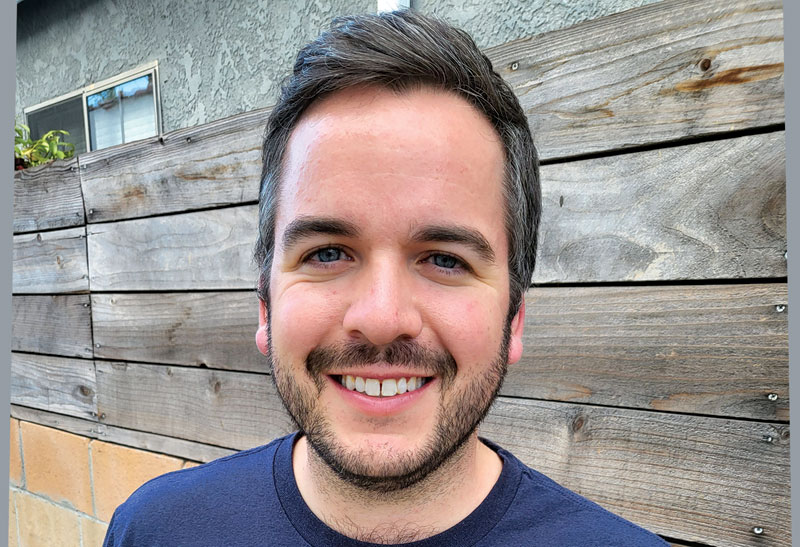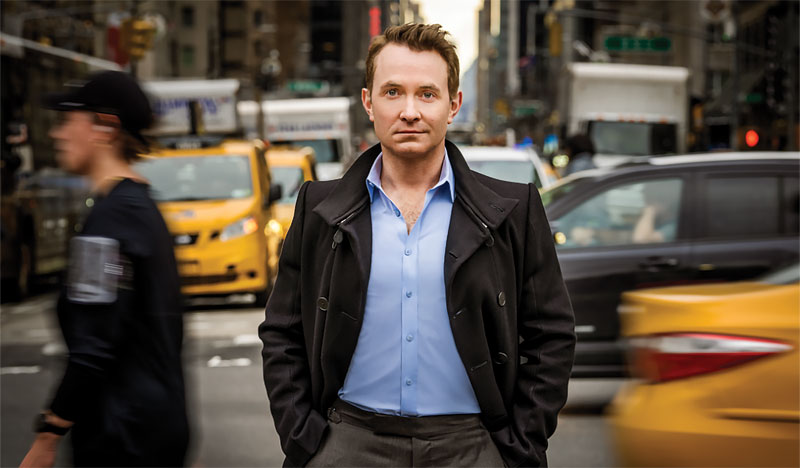The election of Amir Peretz, a 53-year-old underdog, as leader of the Labor Party is almost certain to change the face of Israeli politics.
The result of the Nov. 9 Labor primary vote makes more likely the formation of a new centrist party led by Prime Minister Ariel Sharon, backed by defectors from Labor and Likud. It creates the potential for a profound change in voting patterns, with many traditional Likud voters among the Sephardi working class likely to consider voting for the Moroccan-born Peretz. It puts Labor squarely on the left of the Israeli political divide and clarifies its differences with Likud on key peacemaking and economic issues.
At the very least, it almost certainly means that elections, currently slated for November 2006, will be moved up to the first half of the year.
Polls last Friday suggest that Labor under Peretz would do well in those elections. Polls in the Haaretz and Maariv newspapers show Labor rising from its current 21 Knesset seats to 27 or 28, with the Likud under Sharon winning 37 to 39.
The Haaretz poll also shows that if Sharon, who is facing strong internal dissent from Likud members who opposed his Gaza withdrawal plan, breaks away from Likud to form a new centrist party, it would win 32 seats to Labor’s 27, with a Likud rump led by former Prime Minister Benjamin Netanyahu finishing third with 25 seats.
These results reflect the situation before campaigning has even started. A good campaign could establish the untried Peretz as a bona fide national leader, and some pundits believe he could even win the election for Labor.
Conversely, now that he’s Labor leader, Peretz will become the prime target of Likud barbs. Should he fail to rise to the occasion, Labor’s electoral fortunes could plummet.
Much will depend on what happens inside Labor. Peretz won 42.3 percent of the votes in the primary, scoring a stunning upset over incumbent Shimon Peres (40 percent) and former party leader Benjamin Ben Eliezer (16.8 percent), despite the party establishment’s efforts to stop him.
Former Prime Minister Ehud Barak pulled out of the race two months ago and joined Peres in an overt bid to block Peretz. Three days before the election, Science Minister Matan Vilnai did the same.
It’s still unclear whether Labor heavyweights will accept Peretz’s leadership or chip away at his authority from within the party, perhaps even breaking away to join a new centrist grouping under Sharon. Amram Mitzna, who like Peretz raised great hopes for change when he was elected Labor leader three years ago, resigned after he was constantly undermined by party rivals.
Will Peretz prove to be made of sterner stuff?
His challenges are great because of the very real possibility of a mass defection from Labor — possibly including Peres — to join Sharon. After the primary results were announced, Peres waited a day and half to congratulate Peretz on his victory and even after doing so, confirmed that he was taking a “time out” to consider his political future.
Peretz moved quickly to keep the party intact. He convened Labor’s Knesset faction last Friday and asked them to give him a chance to establish himself as leader. He met separately afterward with Peres, urging him to stay in Labor and help lead it.
Whether all this will be enough to keep Labor together remains to be seen.
Sharon’s next moves will be decisive. After Likud rebels voted Nov. 7 in the Knesset against two ministerial appointments Sharon wanted to make, aides to the prime minister say a split in Likud is all but certain, and that it’s only a matter of timing. After the rebel vote, Sharon warned darkly that “there will be consequences.”
Whether or not there are major political realignments, elections will probably be moved up to some time between March and May of next year. Peretz has made it clear that he intends to pull Labor out of the governing coalition within six weeks, and he and Sharon are due to meet soon to agree on a new election date.
Some Likud leaders, including Foreign Minister Silvan Shalom, express concern at Peretz’s potential to attract working-class Likud voters. Peretz said in an interview that surveys he conducted showed that the Sephardi poor no longer see the Likud as their natural political home, opening up huge electoral possibilities for Labor.
Peretz was born in Morocco in 1952, came to Israel at age 4 and grew up in a poor home in the southern development town of Sderot. A gifted and charismatic speaker with a trademark handlebar mustache, he became mayor of Sderot at 31, a Labor Knesset member at 36 and chairman of the Histadrut trade union federation at 43.
In 1997, Peretz left Labor to form his own political party, One Nation, which won just three seats in the last election. He brought his party back into Labor late last year with Peres’ help, ironically.
Peretz’s political views are clear: On the Palestinian issue, he’s a dove who believes in the feasibility of a final peace agreement; on the economy, he believes in free-market forces to create wealth and government intervention to distribute it more evenly.
On both the Palestinian and economic issues, he talks about a “moral road map” and says the occupation of the West Bank must end because it’s corrupting for Israelis. He promises that if he becomes prime minister, he will raise the minimum wage to $1,000 a month.
His political opponents on the right and in the center paint Peretz as a dangerous peacenik and Bolshevik who will take untenable risks with the Palestinians and whose radical populism will destroy the economy, which after the Sharon government’s free-market reforms has pulled out of a deep recession and shown growth.
For now, Peretz is getting sympathetic press. Several pundits praise him for being ready to go for a final peace deal and drop Sharon’s conditioning of peace talks on the dismantling of Palestinian terrorist groups.
On the economy, leading analysts dismiss the Bolshevik tag and depict Peretz as a sane and well-balanced social democrat in the model of Bill Clinton or Tony Blair.
It’s far too early to judge how significant Peretz’s emergence as a key player on the national stage will be. But if Israel’s normally hard-nosed commentators are anything to go by, his upset victory could prove to be a portentous development.
Leslie Susser is the diplomatic correspondent for the Jerusalem Report.
Â





















 More news and opinions than at a Shabbat dinner, right in your inbox.
More news and opinions than at a Shabbat dinner, right in your inbox.